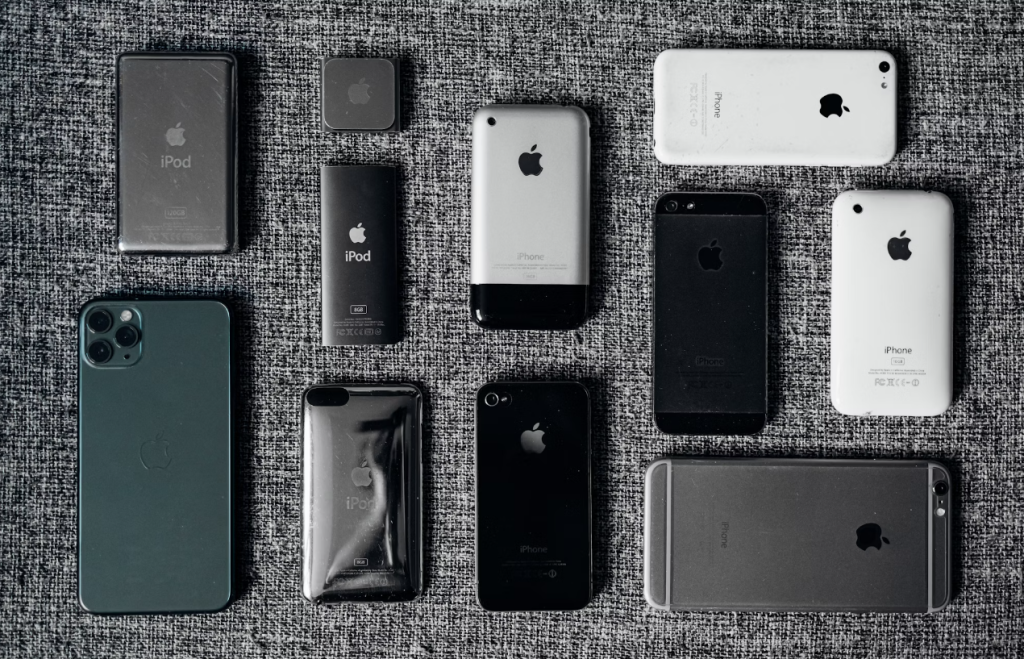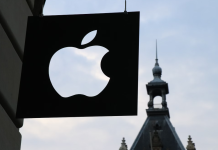Apple is encountering challenges, as sales decline significantly in the crucial Chinese market. Tim Cook, Apple’s CEO, recently acknowledged the challenges posed by what he described as “the most competitive market in the world.”
The latest figures reveal a significant decline in iPhone sales both globally and specifically in Greater China, including Hong Kong and Taiwan. Global iPhone revenue dropped by 10% in the first quarter, marking the most substantial decrease since late 2020. In Greater China, iPhone sales fell by 8% to $16.4 billion during the same period.
Apple’s market share in China’s smartphone market has been steadily decreasing, with iPhone sales plummeting by 19.1% in the first quarter alone. This decline has seen Apple slipping to the third position in the market, capturing 15.7% of the domestic market, behind competitors like Vivo and Honor.

Meanwhile, Huawei, Apple’s Chinese rival, has experienced a surge in smartphone sales, with a nearly 70% increase in the first quarter. Huawei’s market share now closely trails Apple’s at 15.5%, with the company’s net profit soaring by an impressive 564%.
Huawei’s success can be attributed in part to patriotic sentiment, particularly following the release of the Mate 60 series phones, powered by domestically produced chips. The latest Pura 70 series phones from Huawei, equipped with China-made processors, are posing significant competition to Apple’s iPhone 15 and 16 series.
Despite these challenges, Tim Cook expressed confidence in China’s long-term potential for Apple. The company is making substantial investments in artificial intelligence (AI) development, with Cook hinting at an upcoming AI strategy reveal at Apple’s annual Worldwide Developers Conference scheduled for June.
While Apple’s financial performance saw a decline due to the slump in iPhone shipments, executives downplayed its significance, attributing it to difficult year-over-year comparisons. Analysts, however, raise concerns about Apple’s performance in China, where intense competition from Huawei is impacting iPhone shipments.
Apple remains heavily reliant on iPhone sales, contributing about 52% of its total revenues. Despite efforts to diversify, other product categories like Mac computers saw only modest growth, insufficient to offset the overall revenue decline.
In response to questions about the impact of investments in generative AI, Cook emphasized Apple’s focus on services, which saw significant growth in the March-ending quarter. However, questions linger about the ability of a hardware company like Apple to effectively monetize software features amidst fierce competition in the Chinese market.
Related:
- Apple’s foldable MacBooks & iPhone rumored to launch in the next 2 years
- iPhone going slim? Apple iPhone 17 Slim rumored to replace the Plus
- Apple Prepares for AI: Siri Analysis, On-Device Processing in iOS 18?
- Caviar unveils $44,000 Porsche eBike with 18k gold and free iPhone 16
(via)







